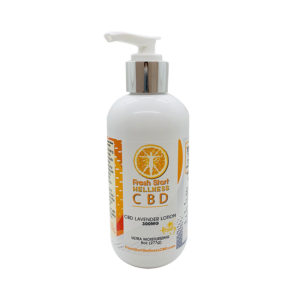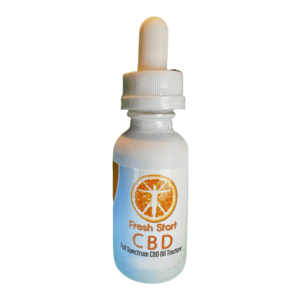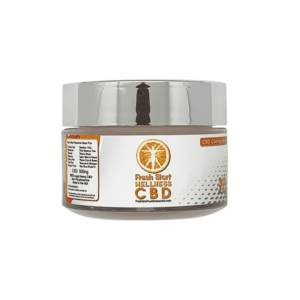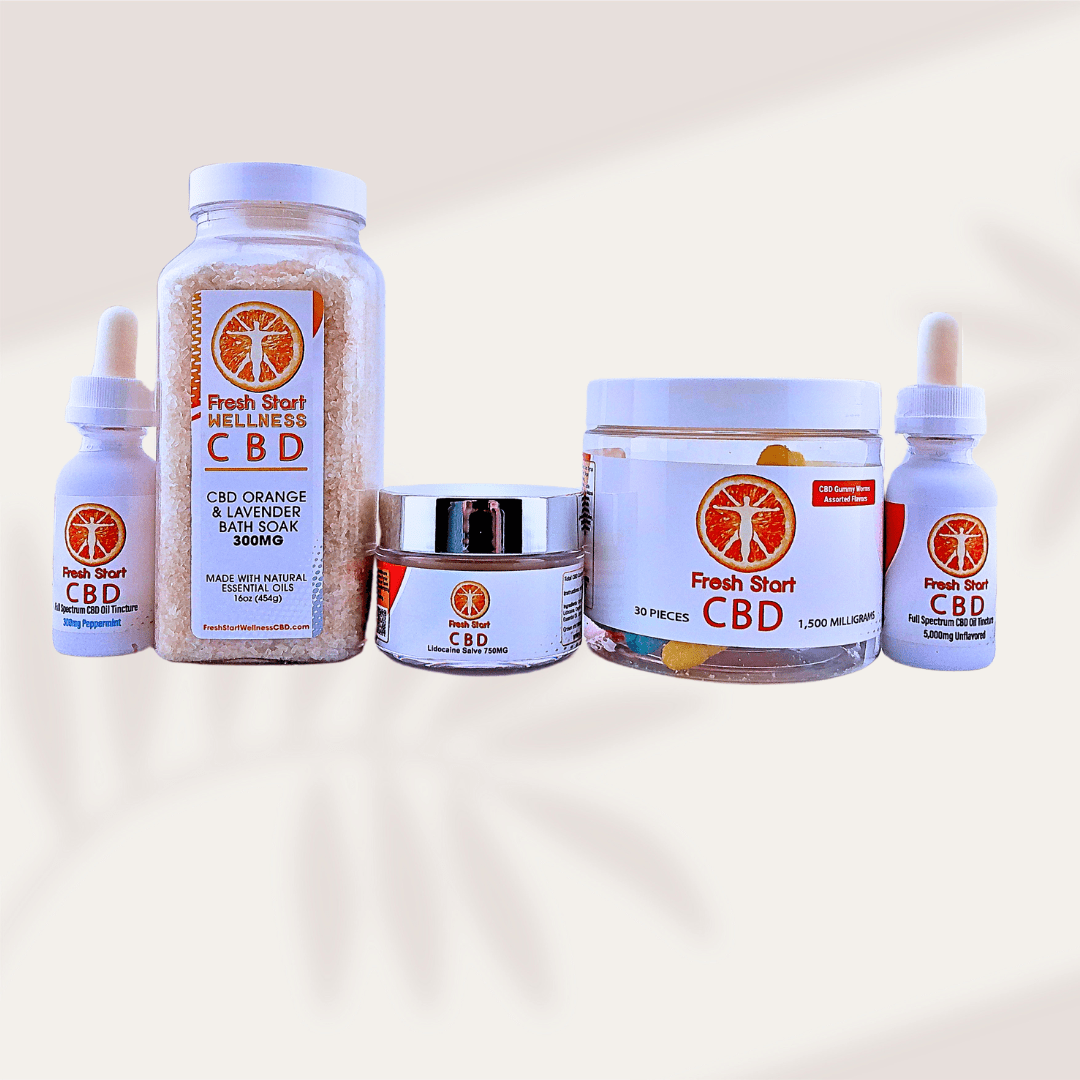*Hemp products are not approved by the FDA for the diagnosis, cure, mitigation, treatment, or prevention of any disease.
FREQUENTLY ASKED QUESTIONS
The first thing to know about CBD is that it is not psychoactive; it doesn’t get people high. The primary psychoactive ingredient in marijuana is tetrahydrocannabinol (THC). But THC is only one of the scores of chemicals – known as cannabinoids – produced by the cannabis plant (hemp).
Q: What is CBD?
A: CBD is a naturally occurring, non-psychoactive, component of hemp. CBD is an acronym for Cannabidiol (Can-a-bid-i-ol), a prominent naturally occurring class of molecules called cannabinoids found in the plant genus Cannabis Sativa L. CBD comprises up to 40% of the plant and is one of over 60 plus compounds found in cannabis. Of these compounds, CBD and THC are usually present in the highest concentrations. CBD is by far the most studied natural cannabinoid. According to many researchers, CBD may be the single most important cannabinoid ever discovered.
![cannabis-parkinson[1] CBD News Parkinsons](https://freshstartcbd.com/wp-content/uploads/cannabis-parkinson1-e1574363261201-1024x670.jpg)
Cannabidiol (CBD) has significant medical benefits, but does not make people feel “stoned” and can actually counteract the psychoactivity of THC.
The fact that CBD-rich cannabis is non-psychoactive or less psychoactive than THC-dominant strains makes it an appealing option for patients looking for relief from inflammation, pain, anxiety, seizures, spasms, and many other conditions without the feeling of lethargy or dysphoria (feelings of being high).
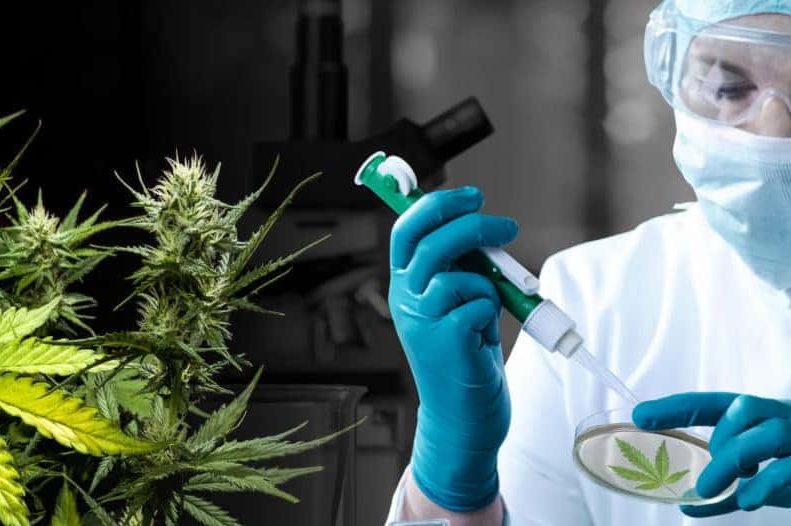
Q: What’s the difference between Hemp and Marijuana?
A: Scientifically and genetically, industrial Hemp and Marijuana can be the same plant, with a genus and species name of Cannabis Sativa. Hemp and marijuana are two different varieties of Cannabis sativa L., a flowering herb indigenous to many parts of the world. “Marijuana” is cultivated for high levels of THC, which is concentrated mostly in the flowers and trichomes of the plant. When you grow “marijuana,” male plants are culled and female plants are cultivated, since the THC content is most abundant in the buds or female part of the plant. “Marijuana” plants are typically grown far apart to avoid possible seeding (from male to female plants), which would lower the THC content in the buds. Industrial hemp, on the other hand, is cultivated for its fiber, and has almost undetectable levels of THC and comparatively higher levels of CBD.
This is partly because hemp is planted close together and therefore has an abundance of male seeds (from regular male-female pollination) and grows tall, which is perfect for harvesting fiber from the stalks. Hemp has been grown and cultivated worldwide for thousands of years for industrial and medical purposes, making useful items like rope, clothing, sails, paper, and thousands of other products. Again…hemp will not make you “high”. CBD is a non- psychoactive component of the plant that possesses a wide range of benefits and does not cause a high, unlike THC.
Our bodies are made up of an endocannabinoid system and use cannabinoids to maintain healthy cells. According to researchers, CBD may be the single most important cannabinoid ever discovered.
Q: Why choose CBD from Hemp and not Marijuana?
A: CBD is CBD, no matter if it is from Hemp or Marijuana, but selecting a product derived from Hemp has several differences and advantages. Hemp has been bred to have low levels of THC, and naturally high levels of CBD. Marijuana has been bred to be high in THC and low in CBD, with a few exceptions; namely Charlottes’ web. The strains of marijuana that are being grown with a very high CBD content, are presently very rare.
The cannabinoid profile of hemp is ideal for people looking for benefits of CBD without the psychoactive effects of THC.
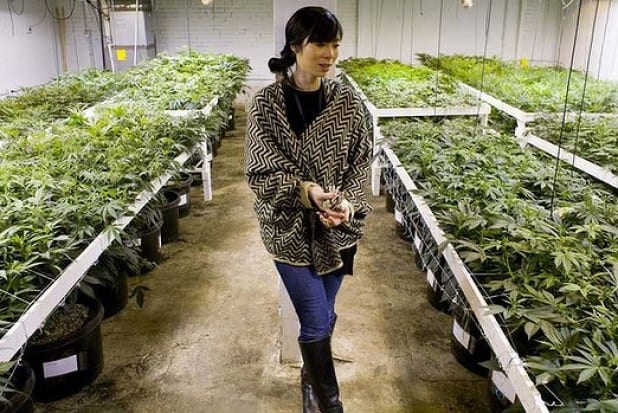
Q: Are cannabinoids from Hemp as good as cannabinoids from marijuana?
A: The short answer is yes. Cannabinoids are cannabinoids, whether from marijuana or hemp. Most marijuana has a very low CBD cannabinoid profile, so most of the time hemp would be much more preferable alternative.
Q: How long does CBD oil stay in your system?
The answer is CBD stays in your system for about 3-5 days, but the effects will only last about 3-4 hours.
You’ll start to notice when the effects start to wear off if the symptoms you are trying to mitigate start to come back. Once that happens, you should take another dose if needed.
Q: Can you pass a drug test if taking CBD?
If you are wondering how long CBD stays in your system because of a drug test you have to take; don’t worry.
Companies simply don’t Administer CBD Oil Drug Tests. If your employer does perform drug tests, they are testing for several other hard drugs and THC, the most active chemical in cannabis, not CBD. In an article from Leafly, they state that as long as your CBD Hemp product does not contain trace amounts of THC then you will not show up positive on a drug test, and they go into great detail on the scientific specifics.
Q: When will you start to feel the effects of CBD products?
Something a lot of people are curious about is how long the CBD Oil Side effects will last. This is an important question to answer because it makes a big difference in deciding your dosage and when you plan on taking the CBD. Depending on your method of taking CBD, the effects will start to kick in anywhere from 10 minutes to 1 hour. If you take CBD Vape Oil, dabbing, or dropping CBD Oil under your tongue, it will take around 10-15 minutes for you to start to feel the effects. Conversely, if you eat CBD edibles or swallow a capsule, the effects usually take over an hour to kick in. A general rule is that the faster methods will last for a shorter time, while the ways to take CBD orally will last longer and be more powerful.
Q: Is CBD Legal?
A: There is no need for a Prescription or Medical card to purchase CBD. It is a natural constituent of the high CBD Hemp strains of the plant containing very low levels of THC. In fact, if you search online, and it is not hard to do so, you will find patent number 6,630,507 states unequivocally that cannabinoids are useful in the prevention and treatment of a wide variety of diseases including auto-immune disorders, stroke, trauma, Parkinson’s, Alzeheimer’s and HIV dementia. The patent, awarded in 2003, is based on research done by the National Institute of Health, and is assigned to the US Dept. of Health and Human Services. That’s right, the US Government has had the patent on CBD’s for over ten years!
The substance itself, CBD is legal in all 50 states. It does not require a medical card, prescription, license, etc. Furthermore, CBD is not a component that is tested for in drug testing for illicit substances. It won’t cause you to turn up positive if your employer, law enforcement, or other authority is testing you for marijuana use. CBD is one of many cannabinoids found in marijuana. Drug tests look for the metabolites of some of these cannabinoids (primarily THC), but not CBD. Although CBD is the second most common cannabinoid found in marijuana, it does not have intoxicating effects, unlike THC, for example.
![cbd-oil-is-a-cannabinoid-derived-from-the-cannabis-plant1-1024x683[1] CBD cannabis](https://freshstartcbd.com/wp-content/uploads/cbd-oil-is-a-cannabinoid-derived-from-the-cannabis-plant1-1024x6831-1024x683.jpg)
Q: What age is it legal to buy CBD?
When it comes to CBD products produced from industrial hemp, there are no federal laws with regards to age limits. However, the business selling the CBD oil is within their rights to impose an age restriction, just as is done with many other over the counter medications. This age restriction is almost universally set at 18 years old. For those who are interested in using CBD supplements to improve their mental or physical health, there should be little to no issue in being able to purchase them so long as the buyer is over the age of 18.
Q: What are some government legalities around CBD?
A: The FDA considers hemp and hemp-derived cannabinoids (like CBD) to be food-based products. With few legal restrictions on their importation, the production and consumption laws existing in the United States and in most of the industrialized world deem it legal. Hemp CBD oil products are legal to consume, sell, and possess in all fifty states. Hemp products, depending on country origin, are exempt from the marijuana and THC laws in Schedule I of the DEA.
In 2004 a landmark Federal Ruling in favor of the Hemp Industry Association (HIA) vs. the DEA occurred, in which it was stated that “non-psychoactive hemp is not included in Schedule I. The DEA has no authority to regulate drugs that are not scheduled, and it has not followed procedures required to schedule a substance. The DEA’s definition of “THC” contravenes the unambiguously expressed intent of Congress in the CSA and cannot be upheld.”
So, if CBD comes from a domestic Hemp farm, it is legal, and exempt from marijuana and THC laws. THIS IS NOT TRUE FOR NEARLY ALL CBD PRODUCTS CREATED FROM THE MARIJUANA PLANT!
Q: How does CBD interact with our body and is it safe?
A: All humans have what’s called an Endocannabinoid system. We actually produce different cannabinoids in our bodies! We have two major cannabinoid receptors, the CB1 and the CB2 receptors, and these receptors are found in the brain, the nervous system, the immune system, and in all major organs, as well as scattered throughout our bodies.
The effect of CBD on these receptors has been well researched and shows that CBD’s stimulate the production of our own internal cannabinoids, and leads to strengthening our whole Endocannabinoid system. It is well established in the medical community that these nutritive
substances play a critical role in protecting cells against disease, boosting immune function, protecting the brain and nervous system, and relieving pain and disease-causing inflammation, among other things. Cell membranes in the body are naturally equipped with cannabinoid receptors which, when activated by our endocannabinoids, and various other nutritive substances, protect cells against viruses, harmful bacteria, etc…
It has been well documented that human breast milk is an abundant source of endocannabinoids, (cannabinoids made by our bodies). Hemp is the ONLY known abundant source of cannabinoids, outside of our own bodies. Our cannabinoid receptors are also activated when these cannabinoids are introduced. The Endocannabinoid system is intricately linked to our nervous system and immune system, as well as our brain and digestion.
As a result, by stimulating and strengthening our body’s Endocannibinoid system through the introduction of CBD, there may potentially be a wide range of beneficial effects. Wikipedia does a good job in great detail, explaining CBD and its effects on the Endocannabinoid system: https://en.m.wikipedia.org/wiki/Endocannabinoid_system
Q: Is a standard hemp seed oil the same as a CO2 hemp extract?
A: Absolutely not. Standard hemp oil, which can be found very cheaply at a grocery store, is a much different product than hemp extracts (not from seed). Standard hemp oil is produced by cold pressing the seeds, whereas a quality extract is a supercritical CO2 extraction of the hemp plant itself, not the seeds. Regular hemp oil is considered to be a great nutritive food, but it doesn’t have the naturally occurring terpenes, cannabinoids and other components that our extracts have.
Q: What is Rick Simpson Oil and how does it differ from Hemp Oil?
A: Rick Simpson Oil actually refers to a method of extraction, NOT a specific product. The Rick Simpson method can be used with any number of different strains of marijuana, so the THC and CBD content is always varying greatly. The Rick Simpson oils are typically produced by filling a cylindrical glass or stainless steel canister and flooding the canister with a solvent — usually butane — that strips the plant matter of its cannabinoid-containing oils. The resulting mixture of psychotropic plant oil and chemicals is then purified to remove traces of the solvent.
One common method of butane removal includes boiling it off in a hot water bath, while another involves the use of a vacuum pump and vacuum chamber to lower butane’s boiling point, pulling butane from the oil. This unregulated and sometimes very dangerous practice has created enormous amounts of awareness regarding the benefits of cannabinoids. Countless testimonials show that when done correctly, and in a controlled environment, this method can produce a safe and effective oil.
Unfortunately, it has also created lots of confusion and misunderstanding due to its lack of standardization. With multiple strains being used, and knowing that the amounts of cannabinoids differ from plant to plant and the ratios of THC/CBD are totally inconsistent, it results in a lack of potency and consistency. Trace amounts of pesticides, herbicides, fertilizers, as well as butane and or other solvents can often reside.
The levels of THC are 99% of the time too high to be legal on a Federal level, or in states where marijuana is still illegal. Needless to say, for most people this is not a very good option.
CO2 Hemp oil extraction of stalks, stems and seeds is a much safer and healthier approach. CBD Hemp Oil comes from hemp that is naturally high in cannabidiol (CBD), so the safer oil extraction processes will consistently have a high amount of CBD and only trace amounts of THC. Seek out products which are lab tested where CBD content (%) is consistent and true (verified by a 3rd Party Laboratory)!
Q: What is CO2 extraction and what are the different types?
A: CO2 extraction is a process that uses pressurized carbon dioxide to extract the phytochemicals from a plant. CO2 at certain temperatures and pressures acts like a solvent, without the dangers of actually being one. It is the most expensive extraction method, and is widely considered the most effective and safest plant extraction method in the world.
Subcritical (low temp, low pressure) CO2 extractions take more time and produce smaller yields than super-critical, but they retain the essential oils, terpenes, and other sensitive chemicals within the plant.
Supercritical, (high pressure, high temperature) CO2 extraction process on the other hand can damage most terpenes and heat sensitive chemicals, but can extract much larger molecules such as lipids (omega 3 and 6), chlorophyll, and waxes.
A truly full-spectrum CO2 extract includes first performing a subcritical extraction, separating the extracted oil, and then extracting the same plant material using supercritical pressure, and then homogenizing both oil extracts into one. In the essential oil industry, an extract made using this specific process is referred to as a CO2 Total.
Q: How do I learn more about CBDs?
A: There is a tremendous amount of information available online. We highly encourage you to do your own research. We have also provided a number of educational website links and videos within our site for our users to visit and become better informed.

